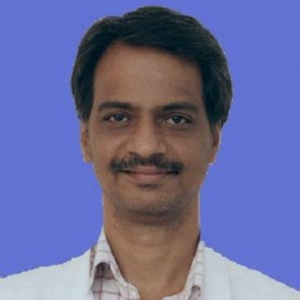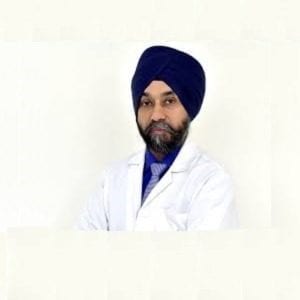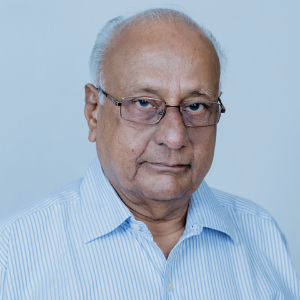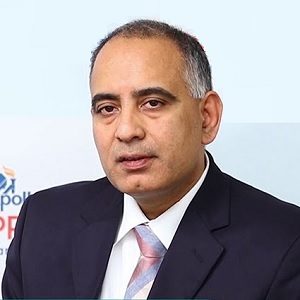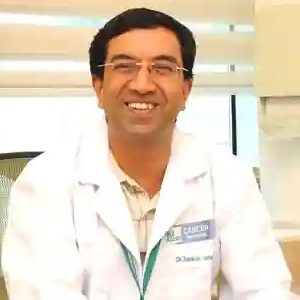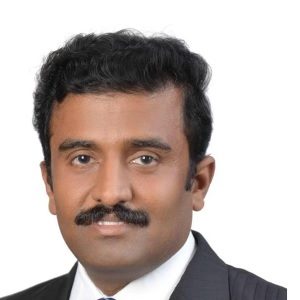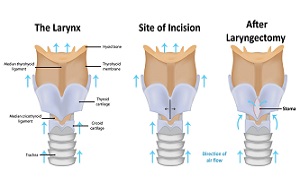Best Doctors in India for Head & Neck Cancer treatment
- Surgical Oncologist, Hyderabad, India
- Over 20 years’ experience
Profile Highlights:
- Dr. Sharan Kumar Shetty is a renowned Head and Neck Surgical Oncologist in Hyderabad currently associated with CARE Hospitals.
- He has experience of over 20 years in the field and is an expert in the treatment of cancers affecting the head and neck regions such as the oral cavity, larynx, pharynx, trachea, sinus, salivary gland, nose, and throat.
- Dr. Sharan Kumar Shetty’s expertise also lies in reconstructive cancer surgeries using free flap and pedicled flaps.
- Medical Oncologist, Gurugram, India
- Over 20 years’ experience
Profile Highlights:
- Dr. Randeep Singh has trained extensively in managing cancer patients at the prestigious Tata Memorial Hospital, Mumbai.
- After spending over 20 years in this field, he has a vast experience in breast, lung, and gastrointestinal cancers.
- Throughout his career, Dr. Randeep Singh has had over 40 publications in national and international journals.
- He has also attended and presented various scientific papers in national and international journals.
- Surgical Oncologist, Gurugram, India
- Over 10 years’ experience
Profile Highlights:
- Dr. Shilpi Sharma is a highly experienced surgeon and oncologist who has previously worked in prestigious institutions such as Tata Memorial Hospital, and National Cancer Institute.
- Throughout her career, she has conducted various high-quality research in the field of head and neck cancers. Dr. Shilpi Sharma has also been part of various randomized and nonrandomized trials and has also been involved in clinical and translational research.
- She is also a member of ICMR guideline committee which formulated the ICMR guidelines on tongue cancers.
- Medical Oncologist, Chennai, India
- Over 40 years’ experience
Profile Highlights:
- Dr. Bellarmine Vincent Lawrence is a well-known Medical Oncologist in South India with a specialization in the treatment of breast cancers.
- He provides overall both pre and post-operative treatment of breast cancer that includes diagnostic, therapeutic as well as palliative care.
- He also provides services for other types of cancers including blood cancer and does procedures like Chemotherapy for the treatment and biopsies for the detection of cancer.
- Medical Oncologist and BMT Specialist, Chennai, India
- Over 25 years’ experience
Profile Highlights:
- Dr. T. Raja is a Medical Oncologist from the Tamil Nadu state with 25 years of know-how in this field.
- He has proficiency in Cancer Screening, Chemotherapy, PICC Line Insertion, Bone Marrow Transplantation, Stem Cell Transplantation, Pap collection, lymphoma, Renal Cell Cancer management, and Head and Neck Tumor.
- Dr. Raja was the Principal Investigator for several clinical studies, a published author for journals, and a teacher.
- Medical Oncologist, Chennai, India
- Over 28 years’ experience
Profile Highlights:
- Dr. Sankar Srinivasan is one of the top Medical Oncologists in India with proficiency in cancer management for about 28 years.
- He got certified in Internal Medicine, Medical Oncology, and Hematology from American Board to enhance his skills.
- Dr. Srinivasan is placed in the best 10% of the Hematologists boards.
- He is an active member of several International Medical Association Boards.
- Surgical Oncologist, Head & Neck Surgical Oncologist; Chennai, India
- Over 18 years’ experience
Profile Highlights:
- Dr. Kannan S is a prominent Otorhinolaryngologist in India with nearly 18 years of experience.
- He holds a position as a Consultant Head and Neck Oncosurgeon in Apollo Cancer Institutes, Chennai.
- Being an MS and MBBS in Surgical Oncology, his interests led him to treat many ENT problems.
- He published several papers related to the same. He regularly attends conferences in his field and has also been awarded for his work.
Best Hospitals in India for Head & Neck Cancer treatment
Head & Neck Cancer
Cancer occurs when the cells grow abnormally and also invade nearby tissues and eventually spreading to other organs in the body through the bloodstream or the lymph nodes.
Head and neck cancers include cancers in the larynx, throat, lips, mouth, nose and salivary glands.
Causes of Head & Neck Cancer
- Frequent and excessive consumption of alcohol & smoking of tobacco.
- Prolonged exposure to sun may cause skin cancer of head & neck.
- Human papillomavirus (HPV) is a risk factor for head & neck cancer.
- Poor oral & dental hygiene.
- Weak immune system.
- Inhaling certain chemicals like asbestos, wood dust, paint fumes at work may increase a person’s risk to head & neck cancer
Signs & symptoms of Head & Neck Cancer
- Persistent sore throat.
- Red or white matched in the mouth.
- Blood in saliva.
- Swelling in the neck that does not heal
- Pain or difficulty in chewing, swallowing or moving the jaw or tongue.
- Persistent nasal congestion.
- Foul mouth odour, not related to hygiene
- Chronic sinus infections
- Frequent headaches
- Hearing impairment
- Facial numbness
Diagnosis of Head & Neck Cancer
Physical examination
Physical examination to check any lumps on the neck, lips, gums and cheeks.
Blood & urine tests
Blood & urine tests help determining the cancer.
Endoscopy
Biopsy
CT scan
MRI
Bone Scan
PET-CT Scan
Treatment options for Head & Neck Cancer
Treatment of Head & Neck cancers include a combination of two or more of the following:
Surgery
Surgery is considered the first line of treatment for Head & Neck Cancers, specially early stage head & neck cancers. Surgery may be:
Laryngectomy
Laryngectomy- It can be partial largynectomy or total largynectomy. For small laryngeal cancer, partial largynectomy is recommended, only the portion of the voice box affected by the cancer is removed. For more extensive laryngeal cancers, a total laryngectomy may be the recommended treatment, the entire voice box is removed.
Neck Dissection
Flap Surgery
Chemotherapy
Chemotherapy is the use of anti-cancer drug that helps to slow or stop the growth of rapidly dividing cells that cause cancer. It prevents the growth of rapidly dividing cells by killing the dividing cells.
Despite its side effects, chemo is still the most widely used cancer treatment option. Unlike radiation and surgery which treats cancer cells at particular locations, chemotherapy drugs can kill cancer cells that have metastated (spread) to different organs in the body.
Radiation Therapy
Radiation Therapy is a kind of cancer treatment that uses high doses of radiation beams to kill cancer cells to shrink the tumors. Radiation kills the cancer cells by destroying the DNA. Cancer cells with damaged DNA fail to multiply and die. They are then removed by the body’s mechanism.
Immunotherapy
Immunotherapy (also called biologic therapy) is a new type of cancer treatment where the body’s immune system is boosted to help the body fight cancer by itself. Immunotherapy uses substances made by the body or in a laboratory to improve or restore immune system function.

